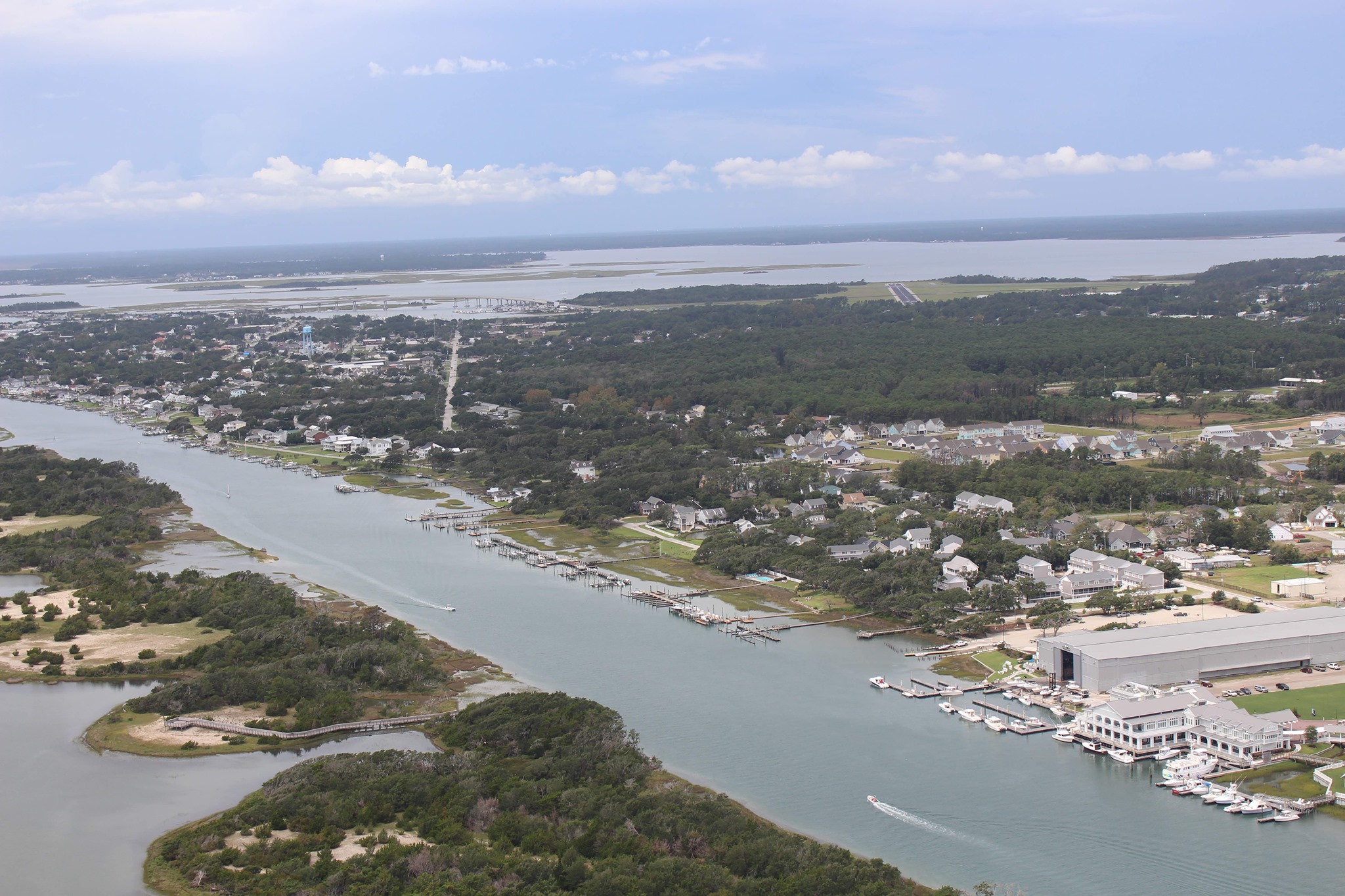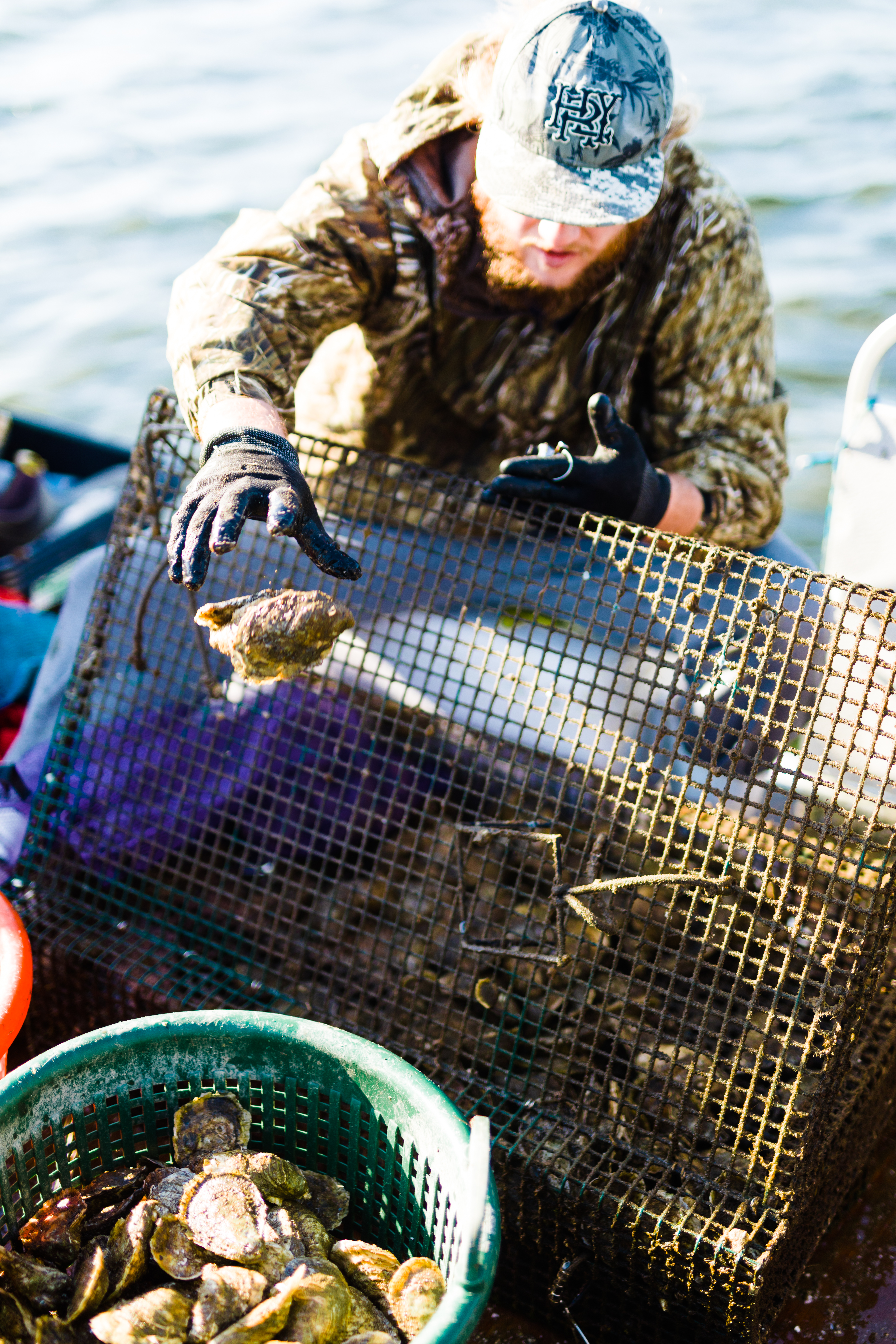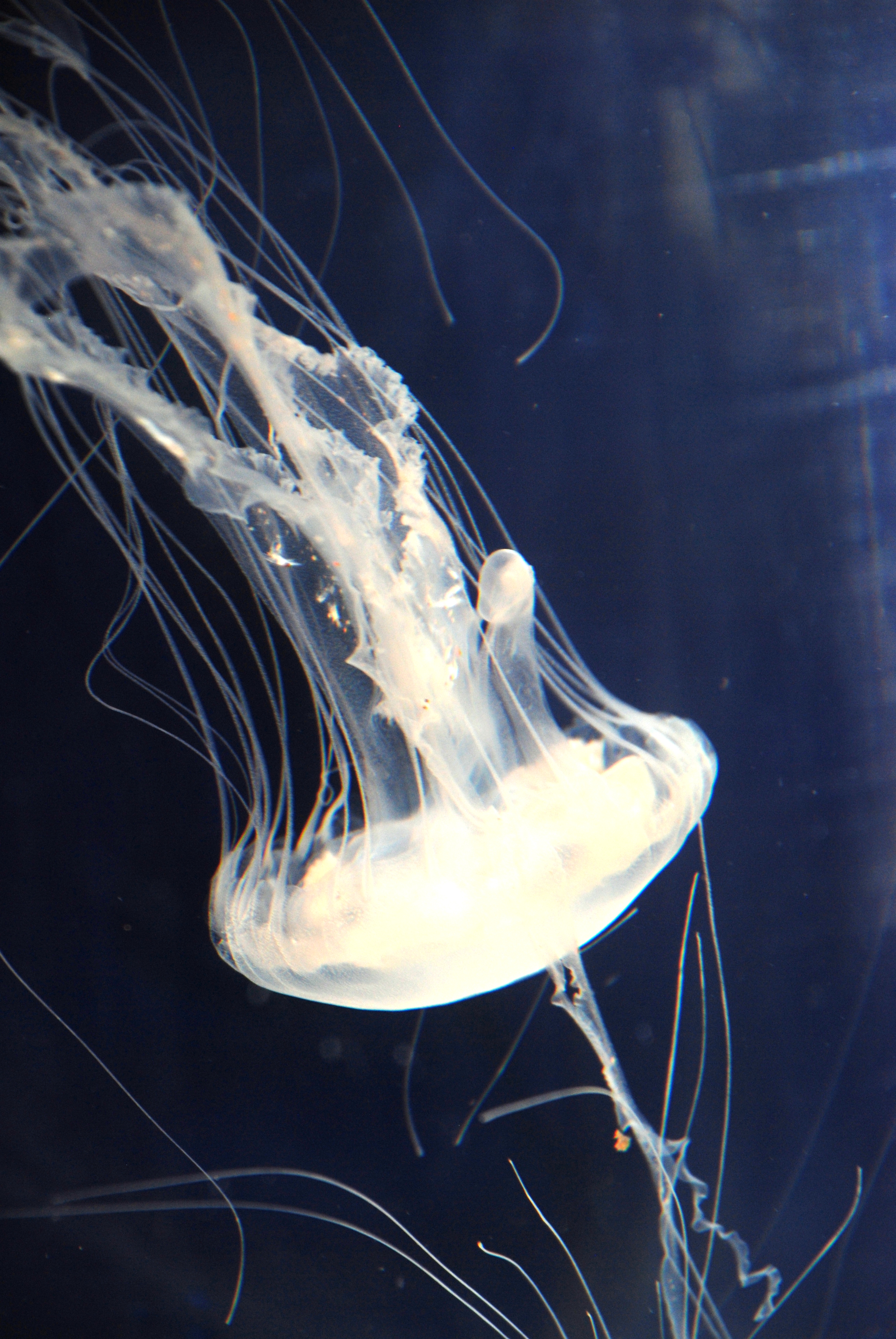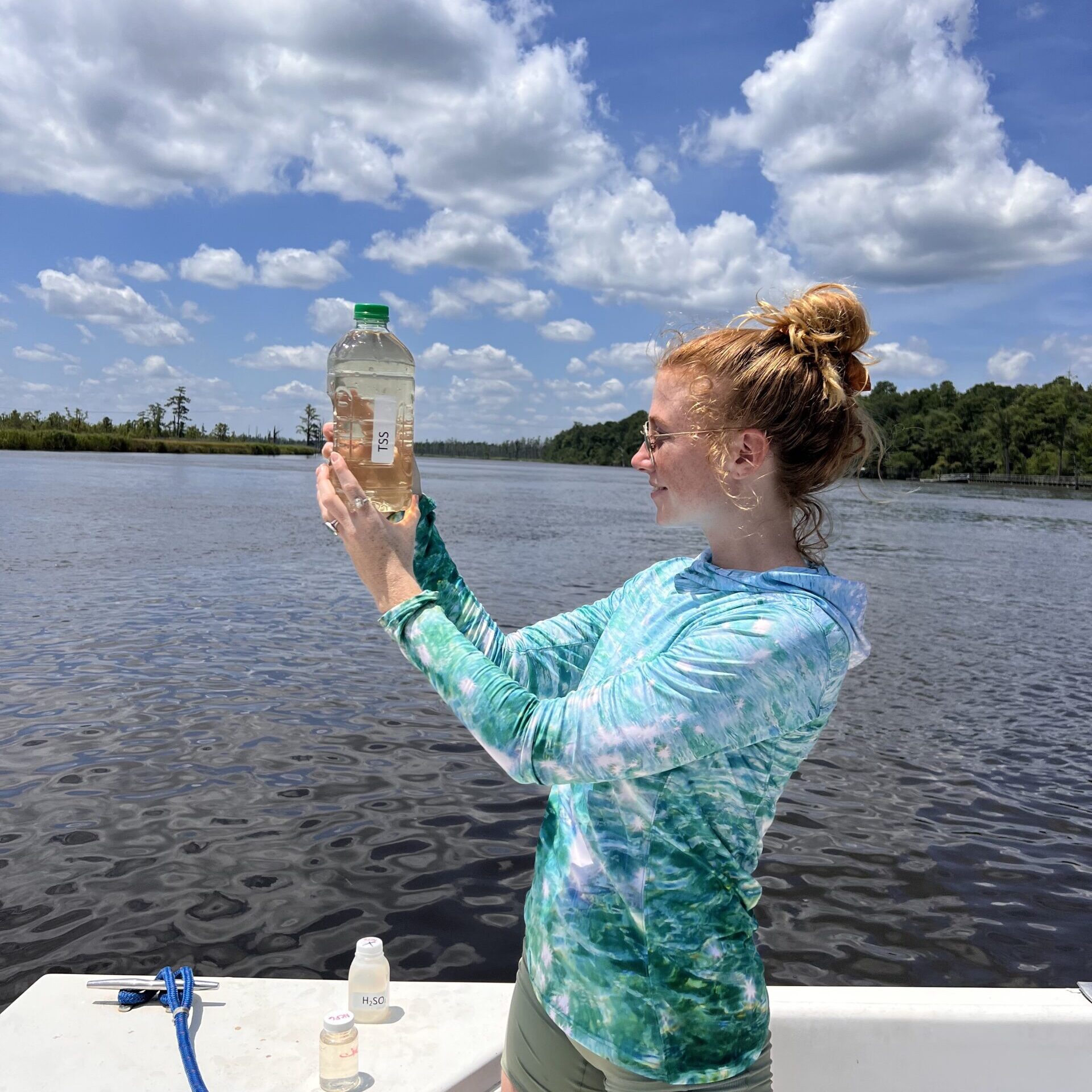NC Sea Grant Offers Funding Opportunities

As the Fall 2019 semester gets underway, North Carolina Sea Grant has several calls for proposals now open. Funding includes projects with varied scopes and objectives. Support ranges from research initiatives under $10,000 to a large-scale, collaborative regional funding opportunity, as well as a research fellowship for North Carolina graduate students. Find out more below.
 Helping State Agencies that Oversee Natural Resources
Helping State Agencies that Oversee Natural Resources
NC Sea Grant Research Opportunity for Resource Management Needs
North Carolina Sea Grant is seeking research proposals to meet key needs identified by state agencies that manage natural resources.
The new funding opportunity came from discussions with directors of various agencies and review of the state’s Coastal Habitat Protection Plan. Topics include oysters, other shellfish, blue crabs and coastal habitats.
Researchers can request up to $60,000 from Sea Grant for a one-year project. However, proposals may not budget for indirect costs. Matching funds are encouraged.
Proposals require advance discussions with representative of a state agency that will use the results.
Submissions are due by 5 p.m. on Oct. 7, 2019 via the eSeaGrant online portal: go.ncsu.edu/ncesg.
Learn more: go.ncsu.edu/Management-RFP
Collaborating to Support Community Resilience to Flooding
The Karl Havens Memorial South Atlantic Regional Research Competition
South Atlantic Sea Grant programs in North Carolina, South Carolina, Georgia and Florida are seeking research proposals that quantify the impacts of flooding on access to infrastructure and the associated economic costs to coastal communities.
This funding opportunity addresses priorities of Sea Grant programs in the Southeast and the NOAA Office for Coastal Management in the South Atlantic Region. By partnering, the programs can support community-based, collaborative projects that tackle challenges and provide solutions at a regional scale. This year, the South Atlantic Sea Grant directors named the project in honor of Karl Havens, former director of Florida Sea Grant.
Research should include locations from North Carolina to Florida that are vulnerable to flooding. Projects must establish links between coastal flooding events, key infrastructure and the economic disruptions that flooding causes in the coastal zone. Successful proposals will result from collaboration with end-users who can use the results to guide actions that increase resilience in coastal communities. Proposals also should include one principal investigator from each state: Florida, Georgia, South Carolina and North Carolina.
Sea Grant will fund the project for two years for up to $400,000. A match of one non-federal dollar is required for every four federal dollars requested.
Submissions are due by 5 p.m. on Oct. 25, 2019 via the Georgia eSeaGrant online portal: https://eseagrant.uga.edu/.
Learn more: go.ncsu.edu/Regional-RFP
 Piloting New Lines of Inquiry — and More
Piloting New Lines of Inquiry — and More
North Carolina Sea Grant’s Minigrant Program
North Carolina Sea Grant’s minigrant program often allows researchers to pilot test new lines of inquiry.
Many minigrants also lead to excellent returns on investment, with recipients able to leverage funding and expand their Sea Grant-initiated work into larger studies.
In the past, minigrants have fueled research on a wide variety of topics, including studies on jellyfish blooms, shipwreck site preservation, and the stability of the oystercatcher population. Projects must support the program’s Strategic Plan.
Researchers should submit online proposals. Applicants may request grants under $10,000, twice the previous cap at $5,000.
North Carolina Sea Grant accepts minigrant proposals on a rolling basis. Interested applicants should contact John Fear: jmfear@ncsu.edu or 919-515-9104.
Learn more: go.ncsu.edu/Minigrants
Supporting the Next Generation of Researchers
The 2020 North Carolina Coastal Research Fellowship
The North Carolina Coastal Reserve and National Estuarine Research Reserve (Coastal Reserve) and North Carolina Sea Grant are accepting applications for the 2020 North Carolina Coastal Research Fellowship. The fellowship provides North Carolina-based graduate students with an opportunity to conduct research within one or more of the 10 sites that constitute the Coastal Reserve.
Using the reserve sites as a platform, fellows must conduct hypothesis-based research that addresses coastal management issues in one or more focus areas:
· social and/or economic value of coastal ecosystems and protected areas
· effects of air or water quality on coastal habitats and associated flora and fauna
· sources, composition, and impacts of marine debris
· invasive species: distribution and abundance, impacts on coastal ecosystems and human communities, and/or effectiveness of management strategies
· maritime forests: factors impacting regeneration, the effects of wildfire and prescribed fire on ecosystem components and processes, and changes in coverage over time
Submissions are due by 5 p.m. Wednesday, Nov. 13, 2019. Applicants should email their materials as a Microsoft Word or Adobe PDF attachment to Brandon Puckett, NC Coastal Reserve research coordinator: brandon.puckett@ncdenr.gov .
Learn more: go.ncsu.edu/Reserve-Fellowship
Lead photo by Sarah Spiegler
Oysters photo by Baxter Miller
Bottom photo by Jarek Tuszyński/CC-BY-SA-3.0
- Categories:


